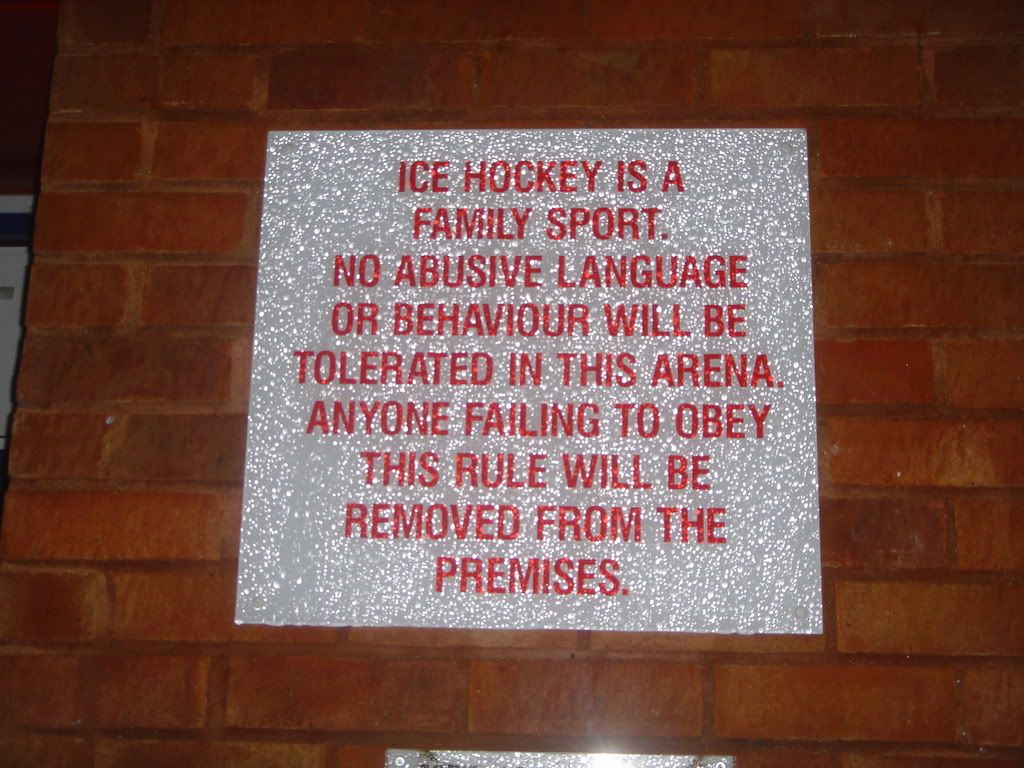Just a week ago, Barack Obama was sworn as the 44th President of the United States. Long ago, during the infancy of his campaign, Obama was perceived as acutely sensitive to the Arab cause, befriending several leading Palestinians. This move was canceled out by a subservience to the Jewish lobby during great swaths of the election campaign but Obama looks set to become a man of actions as well as words, or so his first week in the Oval Office would have us believe.
Of course, the most impressive thing about Obama is his tacit humility and sympathy. Only an hour after his inaugural address, the President found himself issuing a statement denoting his hope that the recently stricken Senator Edward Kennedy would recover to a functional state. This is a man definitely wants to do good, to be seen in a positive light not just by his fellow Americans but also across the world.
It was under this context that Obama gave his first interview as President to Al Arabiya, promising that via "a language of respect," he would show that "Americans are not your enemy." While some political anlaysts have pinned up this reconcilliatory gesture as a nod to the Bush Administration, who offered an interview to the Saudi-owned network in 2004, Obama's words provoked a positive reaction in the Middle East. Hisham Melhem, the journalist who conducted the interview commented that, "the reaction has been phenomenal. People thought the president was sincere, authentic."
Obviously sincerity and authenticity are very small steps on the path to repairing America's tarnished image but they are on the trail nonetheless, something that Manouchehr Mottaki, Iranian Foreign Minister recognized, declaring, "we are in a turning point. We are at a milestone now." Given that those words came from a delegate of a government that was more a belligerent than an acquaintance of the Bush administration, their impact is huge. Even for there to be a possibility of normalization represents the change that Obama so often spoke of during his campaign. The Syrian state news agency reported that Al-Assad expressed "hope that dialogue would prevail to overcome the difficulties that have hindered real progress toward peace, stability and prosperity in the Middle East." In one fell swoop, Obama has captured the imagination of the world. Here we have a leader who at the very least will commence a program of actual dialogue. This desire to make amends was evidenced by the appointment of George Mitchell as Special Envoy to the Middle East. Within days, Mitchell had embarked on a tour of Israel, the West Bank, Egypt, Jordan, Turkey and Saudi Arabia in the hope of solidfying a ceasefire between Israel and Hamas.
However, voters back home will not reelect Obama if he does not solve America's economic problems. It appears he is aware of this circumstance and sides with the general populous, sending an important message that instead of an executive entwined with the oil industry, the United States would be served by a man with the interests of the people at his heart. After the release of the latest Wall Street bonus figures showed little change from the boom of 2004, Obama declared, "There will be time for them to make profits, and there will be time for them to get bonuses. Now is not that time. And that's a message that I intend to send directly to them." Indeed, Obama backed up his powerful words by ordering Treasury Secretary Timothy Geithner to cancel Citigroup's purchase of a new executive jet after recently having taken receipt of $45 billion as part of the government bailout plan.
For the last two years, Obama has spoken of change. Not limited to the two previous examples, Obama has made a real change even in the first two weeks of his presidency.
Subscribe to:
Post Comments (Atom)





No comments:
Post a Comment